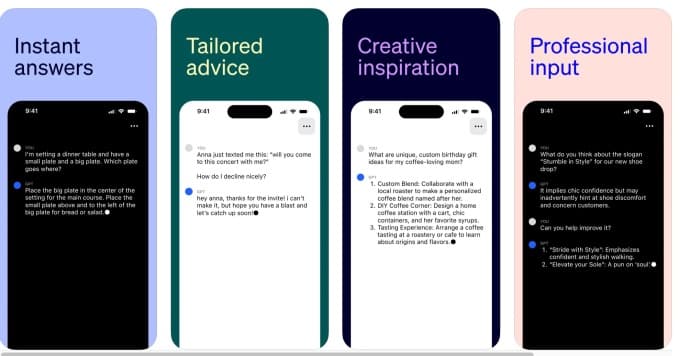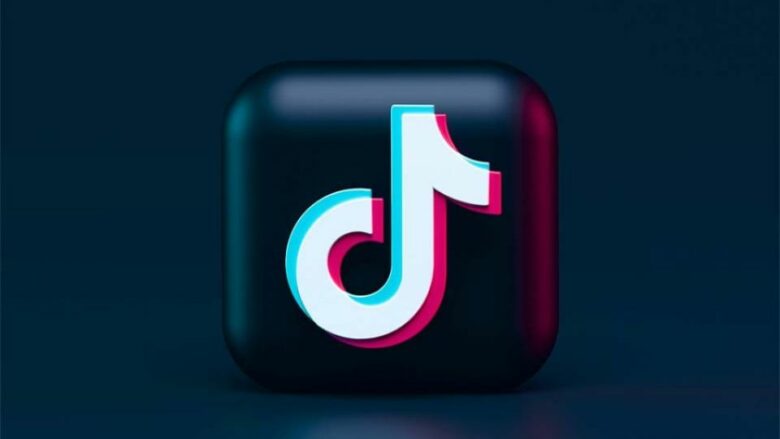
OpenAI has announced the release of its official iOS app, bringing the popular AI chatbot, ChatGPT, to mobile devices. This move comes after the App Store witnessed the proliferation of unofficial and dubious AI chatbot services. The newly launched ChatGPT app is free to use, devoid of advertisements, and features voice input capabilities. However, initially, it will only be available to users in the United States.
Similar to its desktop counterpart, the ChatGPT app enables users to engage with an AI chatbot for inquiries, eliminating the need for conventional web searches. It offers advice, inspiration, learning opportunities, research assistance, and more. Considering the limitations of Apple’s voice assistant, Siri, and the company’s comparatively slower progress in AI development, the release of this app could entice users to rely on ChatGPT as their primary mobile assistant. Additionally, this launch may potentially impact Google, as it currently benefits from being the default search engine on Apple’s iPhone Safari browser.
When using the mobile version of ChatGPT, the app synchronizes search history across devices, allowing users to access their previous queries made via the web interface. Moreover, the app integrates with Whisper, OpenAI’s open-source speech recognition system, facilitating voice input functionality.
ChatGPT Plus subscribers will have access to the capabilities of GPT-4 through the new app, along with early access to upcoming features and faster response times. OpenAI introduced the subscription offering in February, priced at $20 per month, granting users upgraded features and uninterrupted access to ChatGPT even during peak usage times.
The company states that the app rollout will commence in the United States today and expand to other countries in the following weeks. An Android version is also in the pipeline, expected to arrive in the near future.
Rumors about OpenAI developing a mobile client had surfaced earlier, but the company refrained from commenting on them at the time, according to a previous article by Semafor.
The launch of the ChatGPT app coincides with major technology companies, including Google, Microsoft, and Facebook, exploring AI applications. Google and Microsoft have also incorporated AI capabilities into their respective search engines, with Microsoft forming a costly partnership with OpenAI. However, having direct access to ChatGPT on mobile, without relying on a search engine or browser, has the potential to revolutionize how people utilize their smartphones for search and information retrieval.
One notable advantage of OpenAI’s mobile app over AI integrations in search apps is its ad-free experience. OpenAI subtly highlights this aspect in its blog post, emphasizing that users can obtain instant answers “without sifting through ads or multiple results.” This statement indirectly draws attention to its partner, Bing, which has already started incorporating ads into its AI-powered Bing Chat, while also subtly challenging traditional search engines.
The App Store description of ChatGPT also prominently mentions its ad-free nature, along with features such as history synchronization and access to the latest OpenAI models.
Interestingly, the launch of the ChatGPT app closely follows Google’s announcement during the recent Google I/O developer conference, where it unveiled Bard, its AI chatbot, now available in English and removed from the waitlist.
There appears to be a growing demand for ChatGPT and AI on iPhones. According to recent research by app store intelligence provider data.ai, the top 10 mobile AI apps had already generated over $14 million in consumer spending by late March this year, with a daily spending increase of 11% compared to February.
Related:



